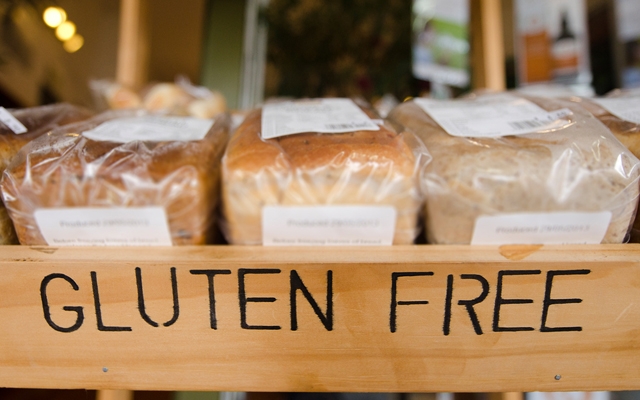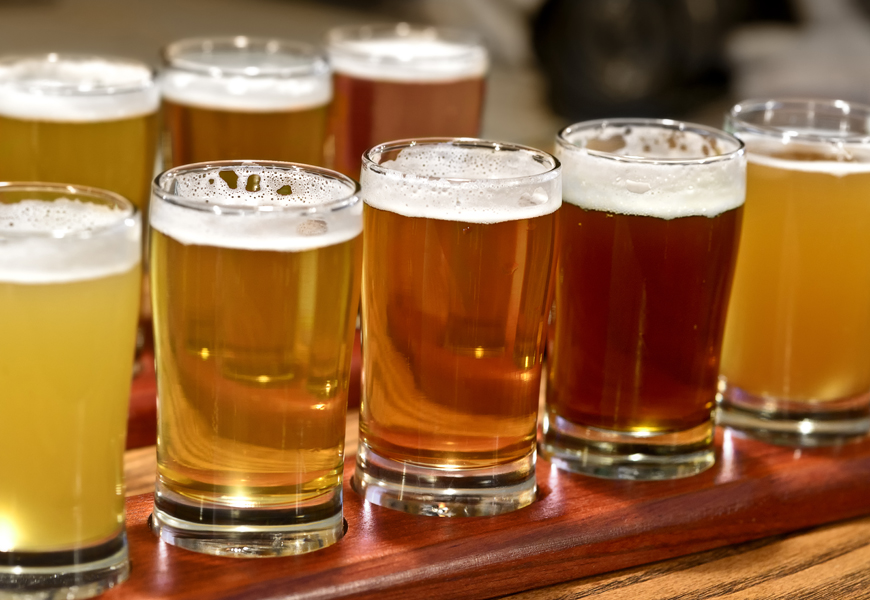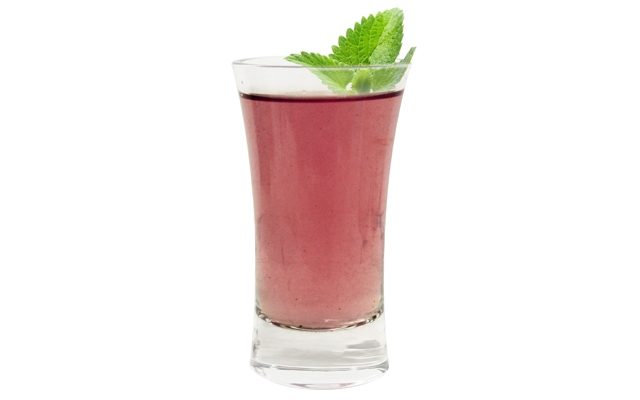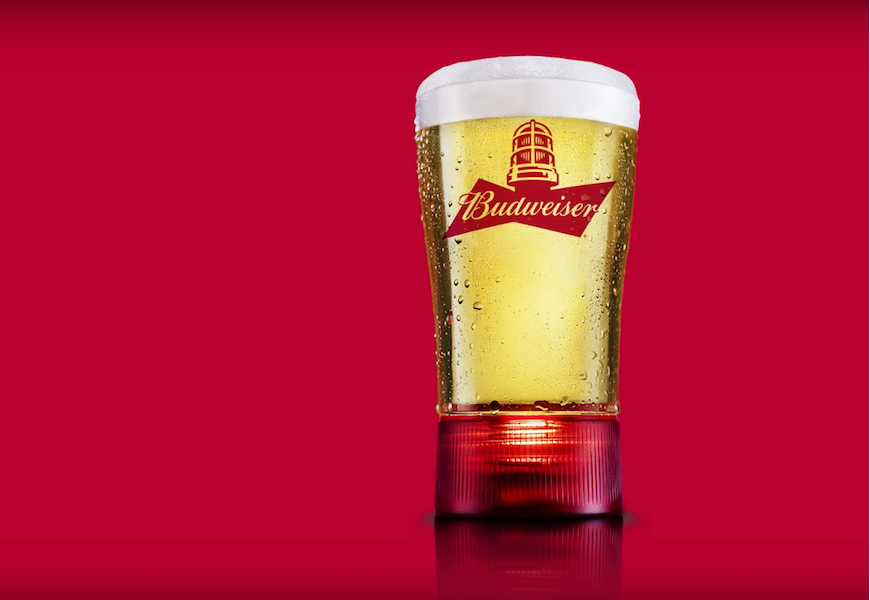Following a gluten-free diet used to be a necessity only for people with celiac disease, or a sensitivity to wheat. Characterized by an abnormal immune response to gluten, which can damage the lining of the small intestine, celiac disease has become more prominent lately mostly because of increased screening. Some people show no symptoms at all, although most have some kind of gastrointestinal problems, weight issues, and anemia.
It has become a lot easier to find gluten-free snacks nowadays, but not everyone jumping on the gluten-free bandwagon necessarily has to. So is cutting gluten from your diet worth it? Or are you doing more harm than good? Here’s what to do if you are considering giving gluten the old heave ho.
Get Tested
If you think you might have a gluten intolerance, the first thing you should do is talk to your doctor. The best way to know for sure is to get a blood test and biopsy of the small intestine to determine how severe your intolerance is. Before you can make the choice to go gluten-free you have to know if it is even a choice at all. If you have celiac disease, changing your diet is a necessity. But if you don’t have an intolerance, you can probably get by with just cutting back a little, and not getting rid of gluten completely.
Consider WHY you are going gluten-free
Do you just like being able to say at dinner parties “oh, I’m gluten free” when you pass on that pasta salad? Do you have a copy of The South Beach Diet? Is kale your favourite vegetable? Well, you might be a fad diet junkie. If your main reason for going gluten-free is to lose weight, it probably won’t work. Carbohydrates may be high in gluten, but they are also an essential part of a balanced diet, so cutting them might also cut out other nutrients your body is used to having around. Whole grains are high in fibre, B vitamins, and iron, all things that your body needs to stay healthy. If it is not an absolute necessity, going gluten-free, especially the wrong way, probably won’t do you any good.
Do your research
A lot of those gluten-free snacks that look so delicious, are also full of extra stuff you probably don’t need, like saturated fat, and cholesterol. Gluten-free does not necessarily mean healthy, and simply cutting gluten isn’t going to automatically make you feel better. Since gluten is present in so many foods, you will have to be diligent about every single thing you put in your mouth. Reading ingredients, and asking waitresses the details about everything you order, every time, will become necessary. A lot of gluten-free foods are also significantly more expensive than their regular counterparts, so figure out if your bank account is capable of sustaining this new diet.
Stick to it
Once you have gotten into a routine of gluten avoidance, make sure you have the willpower to stick to it. If you have a gluten intolerance, there is no point in only going half way, since even small amounts of gluten could cause you physical discomfort and harm your small intestine. If skipping the breads and pastas makes you feel better, and you are sure to maintain a healthy diet, going gluten-free could be the best decision you ever made.
Stay Informed
Toronto’s Gluten-Free Expo is coming up, May 4th, 2014, giving the gluten-free craze a little bit of clout in the healthy eating arena. The expo started as a small community get together aiming to collect food donations, and help people living with gluten intolerance to discover new dietary solutions, and connect with others like them. The expo is packed full of companies advertising their products, but be aware that some of them aren’t in it just to help the people with dietary restrictions. These companies want to make money, and gluten-free, to them, is just another fad to capitalize on. So, keep reading the ingredients lists, and make healthy choices.












